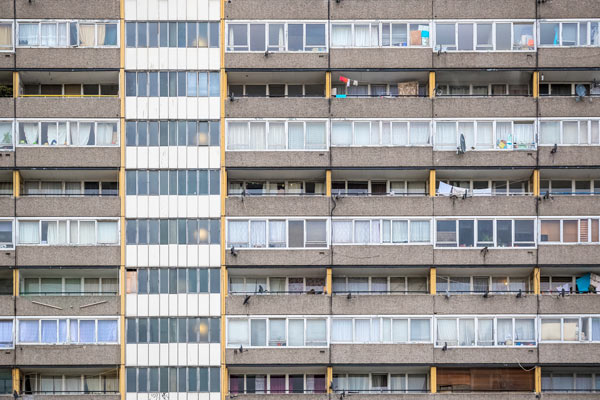
We have had two separate clients who have been housed by Southwark Council in unsuitable temporary accommodation out of the borough area. These clients were housed in temporary accommodation under S. 193 Housing Act 1996 once a main housing duty was owed and the accommodation was found to be unsuitable upon S. 202 review.
- A single mother and five children were housed in temporary accommodation in Woolwich. Our client had a child at secondary school who could make his own journey to school, however this was a 90 minute journey. Our client also had to accompany three of her children on a 90 minute journey to their primary school. As our client was the sole carer for her children she had to also take her 2 year old daughter on the 90 minute school run twice a day. This resulted in her two year old spending up to 6 hours a day on public transport. It was submitted that the effect on our client’s children, especially the youngest was a breach of Section 11 Children’s Act 2004 as found in the recent County Court appeal of Anon v LB Lewisham, Central London County Court[1]. The long school runs and distance from her previous support networks also prevented our client from obtaining work which meant that she was subject to a rent shortfall of over £1400 a month as a result of the benefit cap. In addition to raising the unaffordability of the accommodation, we submitted that placing our client in temporary accommodation where she could not work to prevent the effects of the benefit cap amounted to indirect discrimination.
- A single mother and a one year old child were housed in a studio flat in Leytonstone. A suitability review was originally refused by the council as it had been more than 21 days since their original decision that the property was suitable. However, in response to a community group raising concerns with the property on behalf of our client, the council had made a fresh assessment of the suitability. It was successfully submitted that this new decision gave rise to the right to request a review of the suitability pursuant to R(B) v Redbridge LBC [2019] EWHC 250. The main room of the studio flat measured only 170 square feet. It was raised that although Zaitzeff v Olmi (1952) states rooms with kitchens can be used as bedrooms, Part X Housing Act 1985 is silent on the minimum room standard required if a room contains a kitchen. It was submitted that the available space that could be used as a bedroom was less than that required by Part X, and therefore it was statutorily overcrowded. Our client was also in a predicament that a childcare arrangement that allowed her to work while in the temporary accommodation was ending. This meant that unless our client was housed back in borough where her support networks could assist with childcare, then she would either have to quit her work or spend an unaffordable amount of money on childcare. This failure to consider the potential disruption to her work was in breach of The Homelessness (Suitability of Accommodation) (England) Order 2012 and the potential income she would have left after childcare would be unlawful as per Samuels v Birmingham City Council [2019] UKSC 28. It was also raised that the failure of the council to consider the effects on our client’s ability to work, and also similar situations in the equality act assessment of their temporary accommodation policy, amounted to indirect discrimination.
[1] https://nearlylegal.co.uk/2018/11/suitability-and-s-193-accommodation/